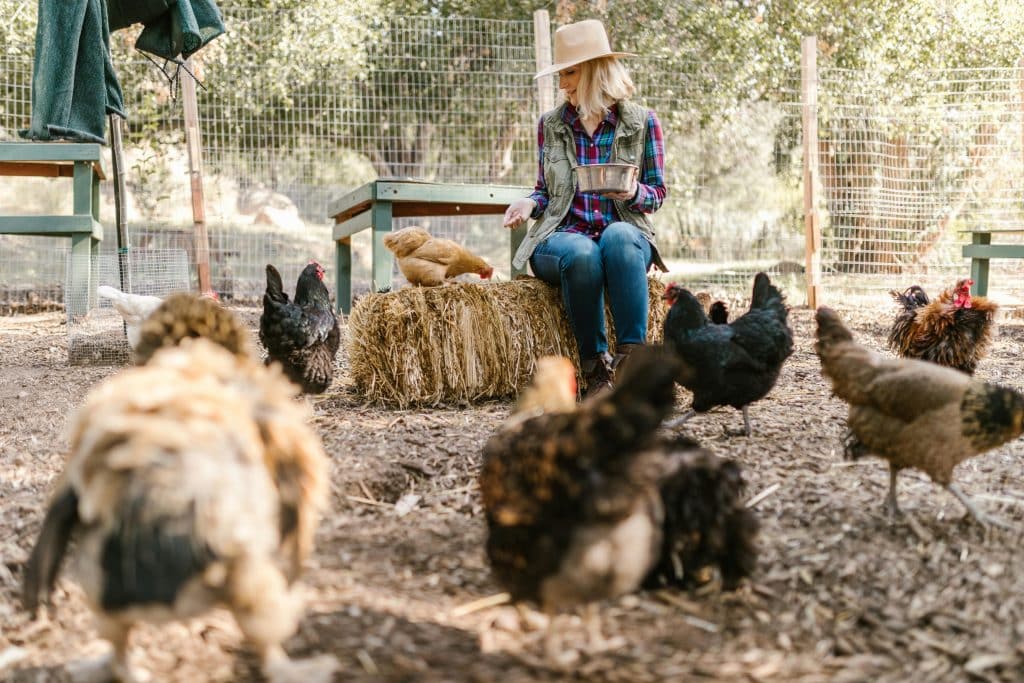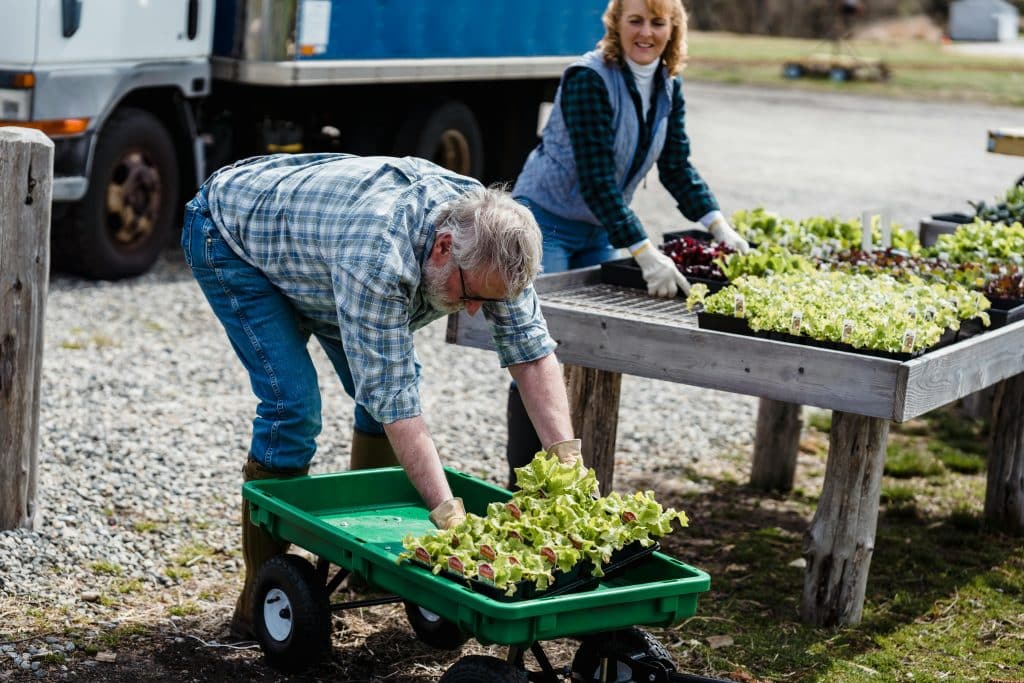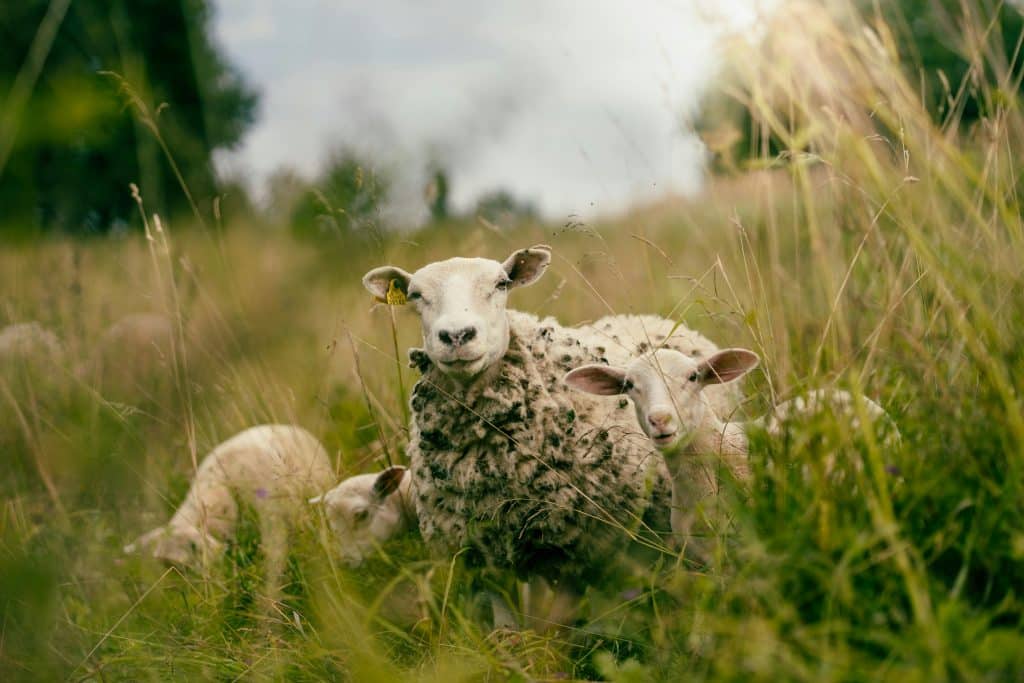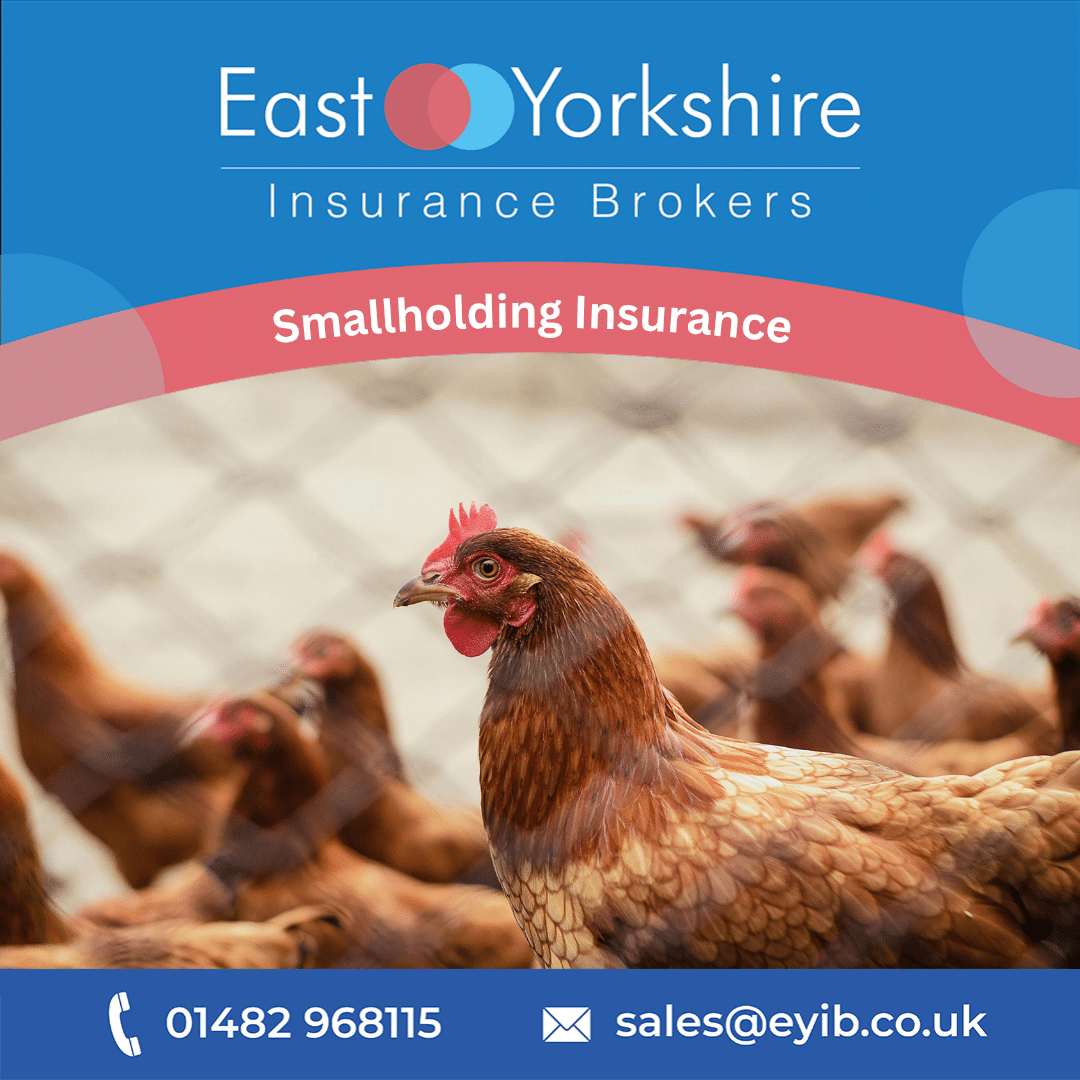Even though a smallholding may not be as big as a well established farm, it’s still just as important that you have the correct insurance for small holdings in place. You might only have a couple acres of land, but that doesn’t mean there aren’t very real risks that you will face from your day to day activities. Whether you keep a small flock of chickens or you grow your own vegetables that supply a local farm shop; the risks don’t just disappear because the acreage is modest. If something out of your control happens and you don’t have the correct cover in place, this could not only be expensive but it could even put your smallholding at risk.
Understanding what level of small farm liability insurance you need can be tricky. But in this guide from East Yorkshire Insurance Brokers we break down everything; from what covers are included to the different types of smallholdings, so you can get peace of mind that if disaster strikes or you’re found liable for a mistake, you’ll be covered. Let’s dive into it.
What Is Smallholding Insurance?
Smallholdings are characterised by being generally less than 50 acres yet larger than a domestic garden. You may only use these acres for growing crops or raising sheep or other livestock, either way smallholding insurance is there to cover the risks that you may come across from these farming activities. This policy includes essential covers such as small farm liability insurance in one package so you don’t have to worry about arranging separate policies. Insurers will usually ask about acreage, types of stock, turnover from produce or services, the number of visitors you host, whether you sell food, and any diversifications such as glamping, educational visits or workshops. Being specific about your activities helps your broker place you with the right insurer so that claims are paid without headaches.
What’s Included In Smallholder Insurance
Although you will face a variety of risks from running a smallholding, the scale is usually modest compared with large dairy farms for example. However no two smallholdings are the same, that’s why talking with an insurance broker can help understand your activities and what exactly you need cover for. Here are some of the covers that may be included in your small farm insurance policy:

Public Liability Insurance For Small Holdings
One of the small farm liability insurance covers that you may consider is public liability. This insurance covers anyone getting injured or their property being damaged as a result of your smallholding activities. This is often unpredictable. You may host school trips and a child could get bitten by a sheep, in this case if you are found liable you could be sued. Or even if a delivery driver slips on your property and breaks their leg; public liability will cover the cost of medical and legal expenses.
Environmental Liability Smallholding Insurance
Even small farming activities will use or store substances that can harm the environment if they escape. After heavy rain pour your container of manure could overflow, and if that then makes its way into a nearby stream, you could be liable for these damages. Environmental liability will cover the clean up costs and any legal fees that result from this contamination. The same instances could occur if you use pesticides, disinfectants or diesel and heating oil fuel machines. You have to consider the consequences if these substances escape.
Employer’s Liability Insurance For Small Holdings
This type of small farm liability insurance is not just recommended; it’s essential. If you hire staff then employers’ liability is a legal requirement in the UK. This covers the legal cost and medical expenses that may arise from your employees becoming injured or ill because of their work with you. This could be someone straining their back while lifting feed bags, or someone slips whilst cleaning out your pigs; accidents can happen to anyone, which is why this cover is crucial for any business that has staff.
Property Small Farm Insurance
Most smallholders insure agricultural buildings like barns, workshops, stores, stables and field shelters; fire, storm and theft are the obvious concerns, but accidental damage can also be included. These events are often out of your control, and if you don’t have property insurance included in your policy, the rebuilding costs or these buildings that you rely on could be devastating.
Livestock Insurance For Small Holdings
Even small herds and flocks represent a lot of value once you add breeding, feed and time. Livestock insurance for small holdings can cover death from accidents and specified diseases, theft, and worrying by dogs. Since these animals can generate a lot of income for you, if something does happen it could be very expensive to replace the livestock if you don’t have this cover in place.
Smallholder Insurance VS Standard Farm Insurance
Standard farm insurance is designed for larger, more uniform agricultural operations. It assumes higher turnover, larger acreages, dedicated staff, and specialist kit in constant use. Limits, conditions and pricing reflect that profile. Smallholder insurance recognises the mixed, part-time nature of many small farms. You might work off-holding during the week and run livestock around that. You might derive more income from a farm shop, workshops, a micro-campsite, or livery than from selling lamb or veg.
The key differences show up in how activities are underwritten. A standard farm policy may expect clear segregation between public areas and operational zones and significant investment in infrastructure. A smallholding policy will still ask for sensible controls – signage, hand-wash points near animal pens if the public visits, safe parking, secure fencing – but it will be calibrated for lower footfall and diversified micro-enterprises. Livestock limits can be scaled to small numbers. Property sections can include polytunnels and field shelters without forcing you into a commercial glasshouse wording. You get protection suited to a holding that flexes with seasons and family life.
Another difference is how insurers look at diversification. A large farm diversifying into a wedding venue is one thing; a smallholding adding two bell tents is another. Both need the right cover, but a smallholder may be better served by a package that can bolt on event cover for a handful of dates or extend public liability to cover supervised animal encounters rather than a full events policy built for hundreds of guests every weekend.

Types Of Smallholding
No two smallholdings look the same, and that matters when you’re setting up insurance for small holdings. Here are some of the different types:
Crop-Based Smallholdings:
These holdings are dedicated to growing crops, whether that be veg, fruits, herb beds or flowers. You may make profit through farm-gate sales, veg boxes, local markets or small trade accounts with cafés. Product liability insurance will cover claims made against you that your produce has caused illness.
Animal Husbandry Smallholdings:
This smallholding specialises in livestock: sheep, goats, cattle, pigs or chickens, sometimes with a small dairy or on-farm butchery partner. Public liability protects you if stock stray onto roads; livestock cover can also be applied to theft and worrying by dogs. If you sell eggs, raw honey or meat, fold product liability into your small farm insurance so that a claim linked to food safety is handled by the policy rather than your pocket.
Mixed Smallholdings:
Most small farms sit here – hens and a breeding flock alongside veg beds, a few beehives, perhaps a small farm shop. Cashflow is spread across seasons, which helps resilience but broadens the risk profile. You’ll have different covers in place for different risks; public liability for visitors and deliveries, environmental liability if you store fuel or slurry near drains, property cover for barns, shelters and tunnels, and targeted livestock insurance for higher-value animals. A broker can look into your small farm activities and make sure you’re not over or under insured in any of these areas.
Smallholding with Tourism & Activities:
These smallholdings have people coming in and out all the time, whether that’s for school trips, workshops or glamping huts. If this is how you run your small farm, it is recommended that you have public liability insurance in place. Since there will be a lot of footfall due to the events you host, there will be an increased risk of someone having an accident on your property. If this happens and you’re found liable then the medical expenses and legal fees will be covered under this policy.

Choose EYIB For Insurance For Small Holdings
If you run a smallholding and you’re not sure if you’ve got the correct policy in place, we’re here to help. At East Yorkshire Insurance Brokers we will take the time to understand your small farming activities, and make sure you’ve got all the right covers in place. No two smallholdings are the same. That’s why we approach each one differently from the last, so you can be confident that your policy is right for you and your needs. We’ve got access to over 200 insurers across commercial insurance, so you can be confident we can arrange the right smallholding policy for your small farm.
If you’re looking for straightforward advice on smallholder insurance, speak to us. Tell us how you use your land today, what you’re planning next season, and where you’re unsure. We’ll give you clear options and arrange the cover that makes sense for you – so that a potential broken fence or an unexpected claim from a visitor becomes a solvable problem, not a crisis. Ready to sort your insurance for small holdings? Get in touch and we’ll put the right protection in place today.
Smallholding FAQs
What is classed as a small holding?
A smallholding is typically farming but on a small scale and usually between 2 and 50 acres of land.
Do I need insurance if my smallholding is just a hobby?
Yes. Even hobby sites face risk. Couriers, neighbours and footpath users can be injured on your land, and escaped stock can cause damage. A basic smallholding insurance package with public liability and property cover is a sensible baseline.
Does smallholder insurance cover livestock losses?
It can. Livestock sections can insure theft, worrying by dogs, death from accidents and specified diseases. You can also schedule high-value breeding animals.
Do I need environmental liability on a smallholding?
If you store diesel, slurry or chemicals, it’s worth it. Environmental liability pays for clean-up and third-party damage after a sudden, accidental pollution event, such as a fuel leak reaching a ditch.


